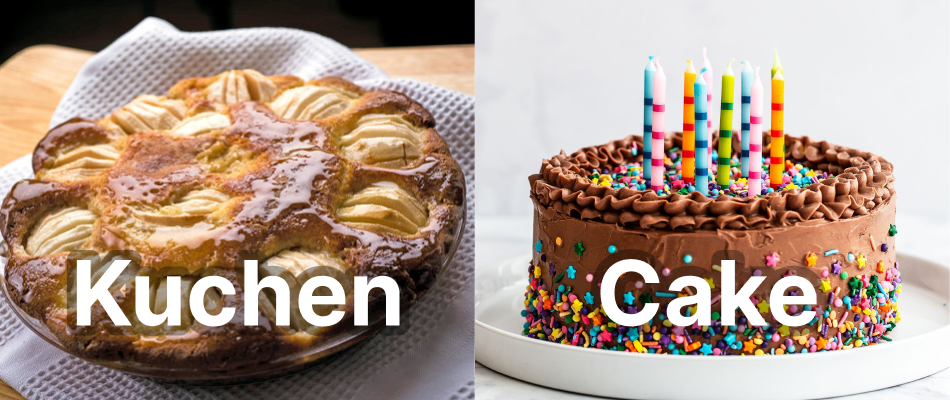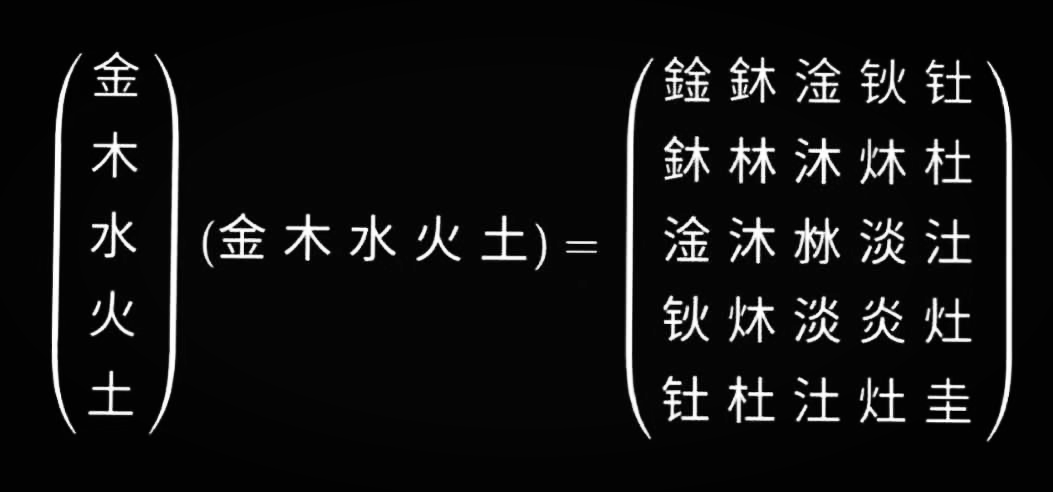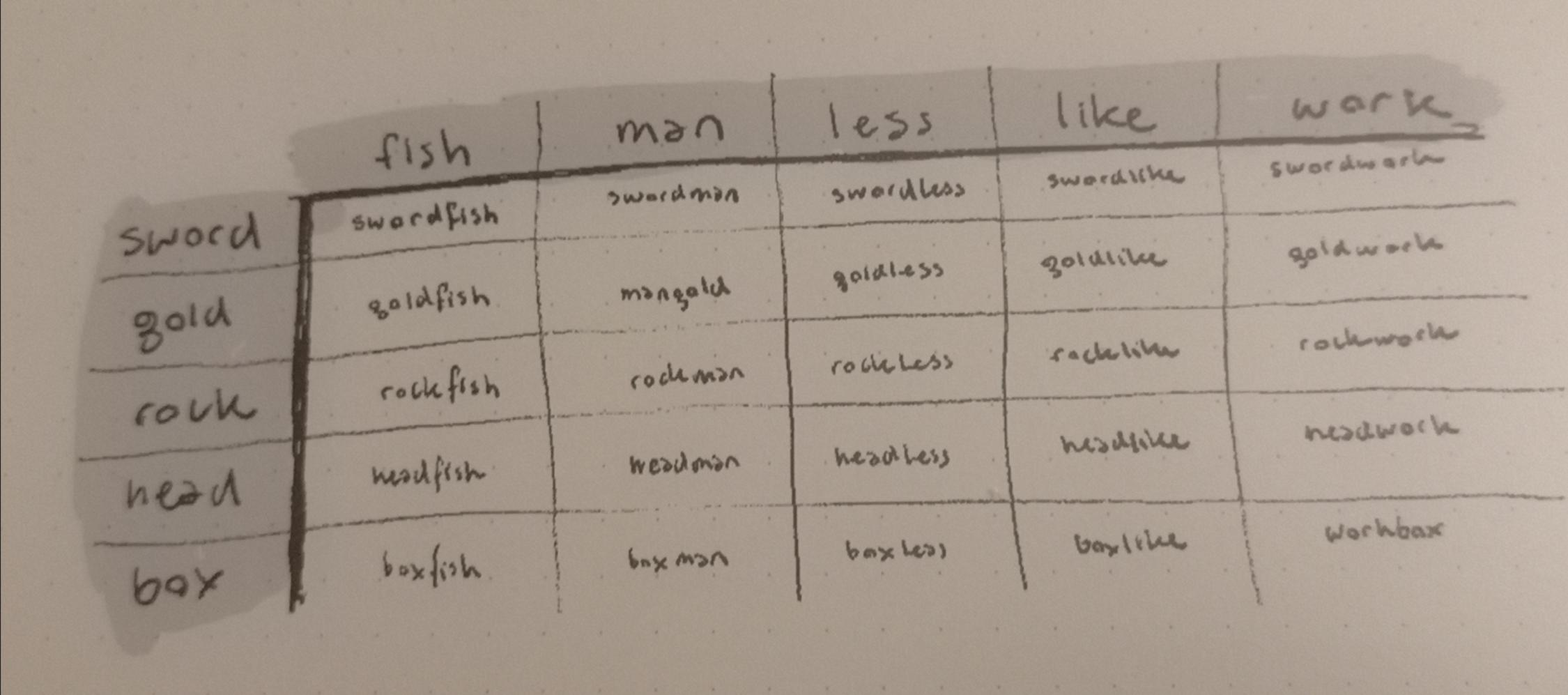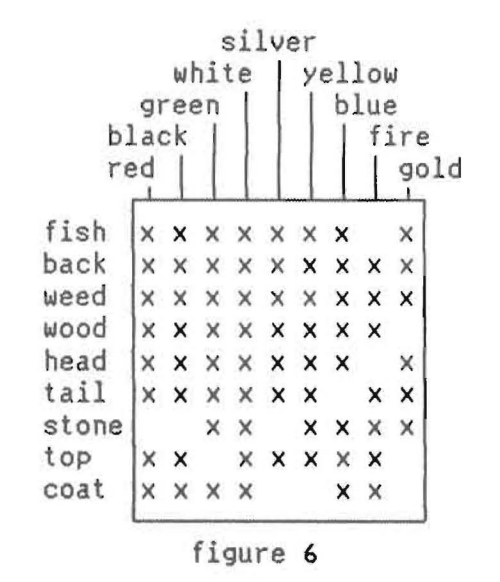A Shot of Morpheme
Quick thoughts on words, writing, and language
Last updated 3 years ago
Language continually fascinates me from every angle; every word, every metaphor, language shapes how we think, it is the shadow of society’s collective mind.
#14: Language Assistant
I’ve started using Google Assistant’s Interpreter Mode for learning languages. I can speak to it, and it responds in the other language. If I say something in English, it can respond with the translation in Italian— or if I say something in Italian, it responds with the equivalent in English.
It feels strikingly different to learn in this way. More
curiosity-based, more playful. I try out different variations of
sentences to detect patterns in how to say certain things, and I make my
own interpretations of grammar rules rather than being told exactly how
to use particular structures in the language. It feels, in a way, more
natural than any language-learning methodExcept, perhaps, Language Transfer by
Mihalis Eleftheriou— which, on top of being completely free,
have been some of the best language audio courses I’ve tried
I’ve tried before as it involves active participation—
constructing your own sentences, and learning from what you hear.
#13: Messglish
I’m always glad English is my native language because it just seems so confusing and indomitably difficult to learn. It’s easy to think of English as a bit of a mess, with a mileu of unpredictable pronunciations and words borrowed from dozens of different other languages.
I wonder though, how much is messiness actually a boon to a language? Does English naturally lend itself to inventing new words and vocabulary due to the sheer sprawl of possibilities and leeway in pronunciation? Is it more poetic or expressive perhaps?
I’m not fluent enough in any other language to really be equipped to answer this question, but just thought I’d put this stray thought out there.
#12: Snippet Journal
No matter how horrible I am at playing music or remembering tunes,
I’ve always been drawn to the idea of composing music. Recently I’ve
experimented with composing my own song on piano simply by playing
around with the notes until I find small snippets and patterns that I
like—then begin combining those into a longer pieceOf course I could also draw a parallel here to these
quick-idea journals, the purpose of which is to collect small snippets
and ideas that I like and watch as they start to combine, fit together,
or give me a glimpse into the bigger-picture behind these ideas
.
I wonder if the same can be done for writing. Can I, perhaps, take note of different terms and phrases that I resonate with and slowly combine these together to form a longer piece or essay?
Inspired by the snippets from #11, I wanted somewhere to collect these interesting phrases. So I started a little snippet journal
#11: Channeling imagery
I like the idea of voice-acting. Sometimes I try to play around with
what kinds of voices I can make. The other day I came up with an
interesting technique that gives more personality and unique cadence to
these voices. The idea was to conjure an image in my mind that evoked
something of the voice I want to create, then try to channel that image
through the sound of my voiceReally this was inspired in part by something my
teacher told me while I was learning cello. To create smooth, legato
movements, she said something along the lines of “imagine moving your
bow as if through a pot of honey.” I think applying this honey metaphor
to my movements was very helpful and I could instantly hear a difference
in my own playing.
.
But then I thought, why stop there? Instead of just channeling through the sound of a voice, what if you also try to evoke a certain kind of image through the words that you speak?
So to challenge myself I tried talking about cities, but while trying to evoke an image of bumblebees pollinating flowers. Some interesting snippets:
- the place was bumbling with activity and buzzing with excitement
- community that is pollinated by the vision of a better future
- community that is grown out of the roots of change
- things are changing, the flowers are growing, unfolding under the presence of a new sun. And every day the sun rises, and every day there is opportunity for something new. I think another era is beginning, another sun is rising again, and it is time we take this opportunity to…
I was surprised by just how much more poetic these phrases became by trying to channel a particular image. Definitely must experiment further with this technique.
Also, just as a note: I think this activity works best spoken aloud as it lets you pay full attention to what you are saying. However this might be biased since I’ve only ever tried it aloud, so I’ll have to experiment with what it’s like while writing by hand sometime.
#10: Post-narrative fiction
What ideas cannot be explored through a narrative? conflict is at the heart of narrative, fighting against something or someone, a danger outside your control, a call to adventure… I can’t help but get the feeling that there’s something we’re missing, that seeing all stories through the lens of narrative limits the kinds of stories we can tell.
Have you ever read a work of utopian fiction? It goes against the nature of a narrative. You can’t just have a world that works smoothly, there must be problems! mysteries! despair! So instead we see the meteoric rise of dystopias, so much so that sometimes it seems we’re trying to turn our world into one.
This idea of “post-narrative fiction” popped into my head the other day. Design-fictions without plot, literary collages, sketches, and more. I feel that once you abandon the need for narrative, you open yourself up to much more positive visions and possibilities.
#9: Non-linguistic definitions
What would a dictionary look like without words?
Imagine the expressivity of film, sound, smell, or dance. How might a dictionary look if words were defined not in terms of other words but as an experience—in the language that we may all understand.
I feel this would not only be beautiful but also immensely useful, though it would be quite a communal feat to gather thousands of videos, soundscapes, and experiences, one for each word in the dictionary. Not only that, but each language, although the definitions of two words might appear the same—the experiences of those words might not be. Is an american “cake” the same as a german “kuchen”? or is the italian idea of “tagliatelle” (noodles) the same as the chinese “面条”?

Such a dictionary of experiences also becomes one of culture, and thus could be a powerful tool for learning languages on a deeper level beyond the vaneer of words and alphabets, it would give you the potential to tap into the cultural imagination.
#8: Possible paradoxes
Simply by the way we categorize ideas, it can be possible for something to exhibit two seemingly paradoxical or opposing properties at the same time. Perhaps, for example, a place can be both welcoming and uninviting at the same time?
I started thinking about this while writing up my post on Cyberspace to Cyberplace. Some of the qualities that make a something place-like were seemingly opposites: predictability vs. serendipity; permanence vs. ephemerality; etc.
However I don’t think either of those are contradictory at all, they only appear so based on their mental categorizations. Not only can something exhibit both permanence and ephemerality, but perhaps both are required to work towards creating a sense of place.
This idea leads me to think there ought to be a word for two concepts that appear contradictory yet unify towards the same purpose or goal. Some ideas:
- Contrastruct (contradict + construct)
- Conflerge (conflicting + merge)
- Balancers
- Antidoxian (anti- + paradox)
- Super-supposition (super position + idea)
- Mentanglement (mental + entanglement)
- Mutually inclusive
Personally I’m most drawn to Conflerge and Contrastruct, but I will continue to be on the look out for new words that might fit this concept.
#7: Metaphors we design by
Whether or not you agree with Lakoff’s central premise in Metaphors We Live By, there is absolutely no doubt that metaphors play an immense role when it comes to design. Once you start to look, our world is practically built on metaphors—it is the mortar of ideas and inventions.
Our computers for example would look much different if they were not fundamentally based upon a desktop metaphor, whereupon we move around folders and files and layer various documents ontop of each other in our workspace. What if computers were designed around a metaphor of magic, or gardens, or even just a room instead of a desk?
#6: New conceptual metaphors
George Lakoff writes that metaphors shape how we think, percieve, and
understand the worldLakoff, George, and Mark Johnson. Metaphors We Live By.
University of Chicago Press, 1981.
. For example we understand ARGUMENT AS WAR,
which surfaces itself through everyday language such as “I shot down her
argument,” or “I defended my position.”
Lakoff poses a thought experiment to imagine a society that instead
treats ARGUMENT AS DANCE, would understanding arguments in
this way fundamentally change the way we interact?
#5: What is the oldest metaphor?
Linguists often trace back histories and etymologies of words, but what about metaphors? Instead of etymology, I call this “metymology”
One example that comes to mind of how a conceptual metaphor has changed and shifted over time is the metaphor between cities and humans / organisms. The metaphor of the city being alive pervades 20th century architectural thought, and even shows up in everyday language (we talk about going to the “heart of the city”). However this metaphor can be traced back over two-thousand years to the time of Plato; except, he spoke instead of the human body / soul as a city.
Metaphors are bridges really, they work in both directions. They
simply tend to flowMaybe a river analogy might work better given that it
feels natural to use the word “flow” here, metaphors flow from
one place of knowledge to another. This fits well with the
KNOWLEDGE AS LANDSCAPE metaphor that I tend to think about
in terms of learning and understanding particular topics
from what we know well to that which we don’t know so
well.
I might imagine that the metaphor of something being “set in stone” could have originated around when laws were first being carved into the Code of Ur-Nammu or Hammurabi
#4: My Feed
People always talk about how “user” is used primarily in two contexts: software and addiction
But how often do you think about “feed” (as a noun) which is used
most in the contexts of social media and food for pigsOf course, not just pigs—we generally use the
term in regards to most farm animals, and also birds (apt for twitter,
huh?), pigs just seemed like a more powerful way to end the
sentence
Consumption, food for thought, digestion, information diets, “my feed”—it’s unnerving to me that we treat information, and by extension social media, as naught but intellectual chow
#3: Compound Chains
Another question popped into my head the other day related to compound words: what is the longest possible compound word chain?
For example: horsepower, powerboat, boatman, manhole
Each successive word must start with the last part of the previous compound word
Because of the overlap between words you could write these chains out all as one single word, I think it would be funnier this way:
horsepowerboatmanhole
As a second rule, I think it makes sense that you should not be able to come back to the same word / component of a word twice. So in the example above, if I had instead chosen “manpower” then I would’ve looped back around to the word “power”
What is the longest possible chain? I imagine it could be hundreds of words long, or dozens at the least!
Maybe someday I’ll try and find out…
#2: Character Matrix
After exploring what might be the largest compound word grid in English I thought back to this Chinese character matrix:

As someone learning Mandarin myself, I find this hilarious and am surprised that I can recognize at least a few of the characters on the right-hand side of the equation. Is this the largest possible matrix of Chinese characters? Or what about creating a compound word grid with chinese characters combining to form words?
It brings up a thought of what a compound word grid might look like in different languages. I don’t know enough to try this but I imagine in German you might be able to create a 12x12 word grid because there’s so much compounding!
#1: What is the largest compound word grid?
Imagine a spreadsheet where each column and row is a word, and the intersections of each pair of words forms a compound word. What’s the largest possible grid you can make like this in english?
I spent a couple hours on the problem, and this was what I came up with:

I think I’m cheating a bit here with “mangold” because it’s not a compound word, it’s a vegetable!
You can make bigger compound word grids but they tend to be filled with even more obscure words, take this grid for example that I found in an old article in the Word Ways Magazine

Despite being made by the author for a different reason (creating
magic word squares) it fits my own prompt perfectly, we can see in the
top-left that we can construct a 6x6 word grid with
[fish, back, weed, wood, head, tail] + [red, black, green, white, silver, yellow]
Actually, it can be a 6x7 grid because I looked up “bluetail” and it came up as a word
I wonder if you can find any larger word grids by writing a program to analyze every possible combination—the difficulty here is actually finding a large and lenient enough lookup dictionary of words. Some of the words in the 6x7 grid are so obscure that a short python script I wrote could not find all the words even after pulling from three different large corpuses: a word frequency list from film/tv/subtitles, an entire en_US dictionary used for spellchecking, and the entirety of Wiktionary!